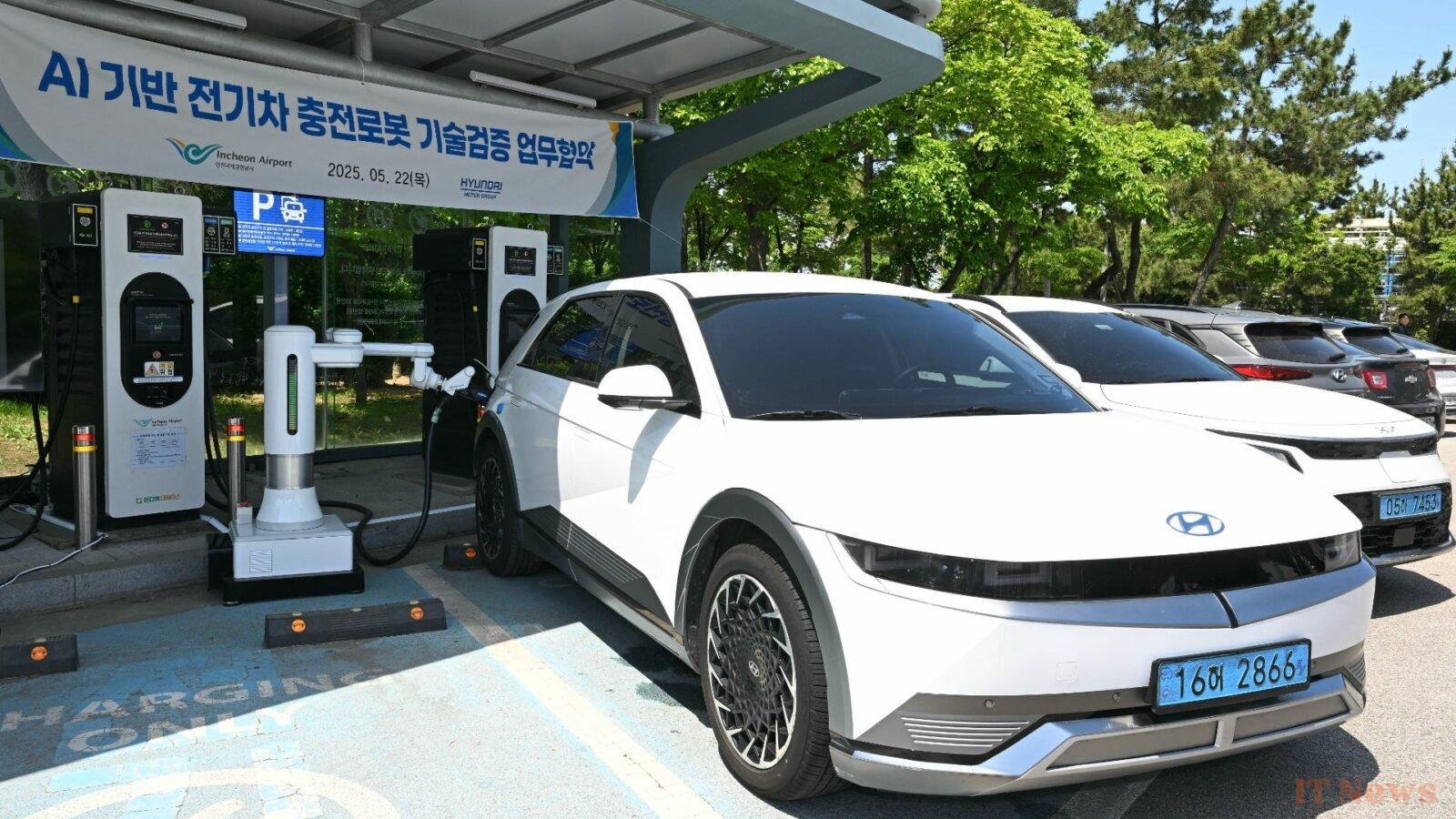The idea sounds like something out of a science fiction movie, but it's becoming reality in Incheon. Hyundai and Seoul International Airport have signed an agreement to test automatic charging robots equipped with artificial intelligence. These little technological marvels will take over passengers' electric cars.
Goal: Conquer the world
The concept is simple: once the vehicle is parked, the robot takes care of the rest. No more fiddling with cables, searching for the right outlet, or monitoring the charging process. "Hyundai aims to offer an optimized mobility experience with a personalized automatic charging solution that can be used in any context," explains Heui Won Yang, head of R&D at Hyundai.
These robots come straight from Hyundai's robotics lab. They combine advanced robotics and artificial intelligence to automatically manage charging. In an airport like Incheon, where everything moves fast and every minute counts, this technology is ideal.
On the security front, Hyundai hasn't taken the issue lightly. The robots received Korean Certification (KC) last year and European CE certification. In other words, they meet the strictest security standards. This is important considering that Incheon has the highest level of national security in South Korea.
The airport will serve as a full-scale playground to test this technology. Engineers will be able to see how it works in real-life conditions and gather user feedback. This is a way to refine the system before offering it elsewhere.
This experiment is part of the "Incheon Airport 4.0 Era" project, which aims to make the airport an innovation hub for AI-powered aviation. "We are convinced that this partnership will contribute to significantly improving service and operational efficiency," assures Hag Jae Lee, CEO of Incheon International Airport Corporation.
Hyundai and Incheon are thinking bigger. They intend to extend this technology to other transport infrastructures: ports, train stations, other airports. The idea is to accelerate the adoption of electric cars by removing one of the main obstacles: the hassle of recharging.
Hyundai's robotics laboratory has already tested its little protégés elsewhere, notably in a "robot-friendly building" project in Seoul since 2024. After this experience, the group is banking on a "total robotic solution" that could include smart parking and different recharging scenarios depending on the location.



0 Comments